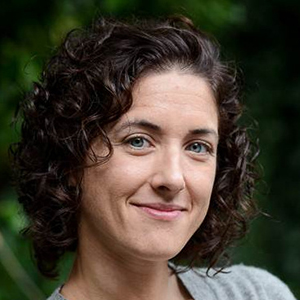 Are you thinking of popping the question soon?
Are you thinking of popping the question soon?
Anne Bowers, Associate Professor of Strategic Management at the Rotman School of Management at the University of Toronto, explores how the story attached to a diamond may move the price more than the 4 C’s.
Anne Bowers is an Associate Professor of Strategic Management at Rotman. Her primary research interest include how classification shapes market outcomes, particularly the impact of rating systems, market categories and social categories on organizational performance. In a second stream of research, she studies how information flows among market intermediaries, and how their non-market strategies affect the overall level of information available to the market at large. Research settings include the financial services sector (equity research, relationship banking) as well as online marketplaces, such as eBay.
Value of Diamonds
Almost everyone who has ever shopped for an engagement ring knows that you buy diamonds based on cut, color, clarity and carats. But what you probably didn’t think about is what caused that diamond ring to be for sale. It turns out the circumstances leading to the sale of a diamond ring matter a great deal in how much people are willing to pay for it. A diamond ring from a jewelry store? Sure. Or one you’re selling because you work with your hands? No problem. But a diamond ring from a divorce? No way. I looked at over 1 million transactions on eBay and found that rings were less likely to be sold, and sold for lower prices, when sellers disclosed it was from a failed relationship. When I ran experiments online, I found the same results—but interestingly, people thought that the divorced ring was less likely to be fake. However, even though they thought it was a real ring, they wouldn’t pay more for it because of the association with the divorce. Generally speaking, these results suggest that the value of some products is determined by more than just their attributes—things like the style of the ring, or how big the diamond is. Instead, the circumstances surrounding the sale—like whether it’s from a store or a divorce–matter a great deal. One way to think about this is if you’re buying an engagement ring from a store, my results suggest you’re paying extra to have one from the “right” circumstances. And if you’re selling one? If you want maximum dollar, then let’s hope you’re selling it because you work with your hands.

